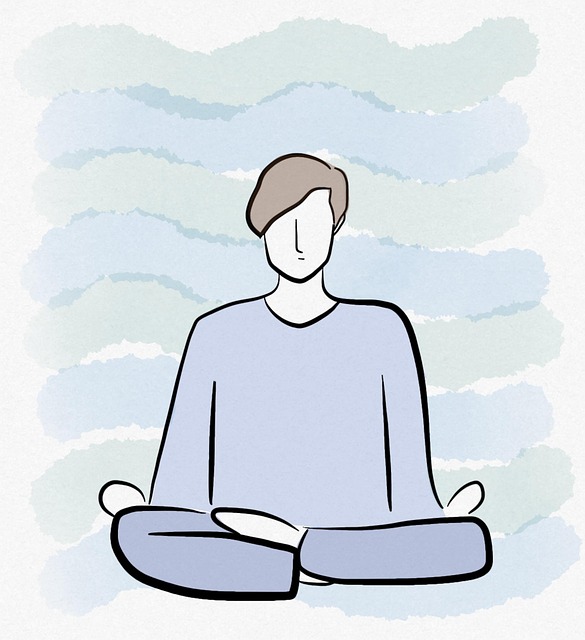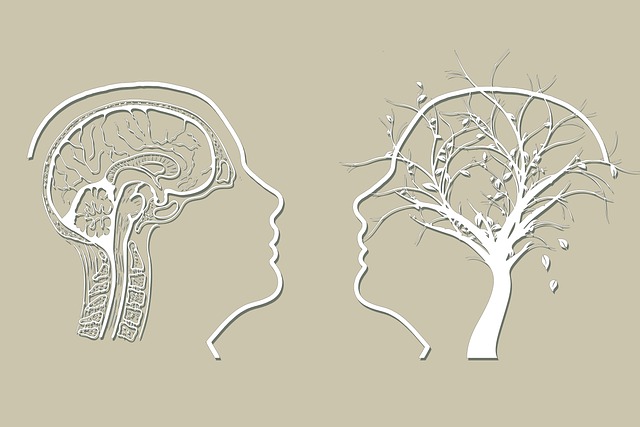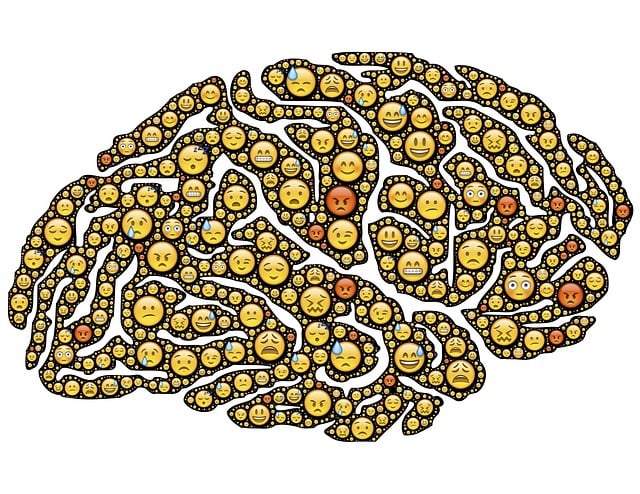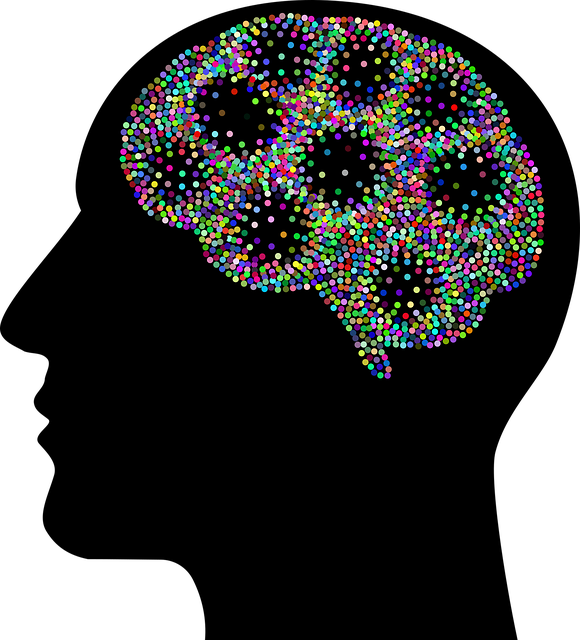Navigating a mental illness diagnosis as a young adult can be overwhelming, but understanding the process empowers individuals to seek help. Recognize distinct symptoms like persistent sadness, anxiety, changes in appetite or sleep patterns, and thoughts of self-harm. Seek professional assistance from specialists who conduct assessments based on symptoms, personal history, and potential traumatic events like domestic violence. They determine if a mental health disorder is present and guide appropriate treatment options, such as therapy, medication, or both, tailored to individual needs. For young adults affected by domestic violence, specific therapies like trauma-focused cognitive behavioral therapy (TF-CBT) and community outreach programs offer support, fostering emotional well-being and healthier relationships.
“Navigating mental health journeys can be daunting, especially for young adults. This comprehensive guide aims to empower and support those facing mental illness diagnosis and treatment decisions. We explore essential topics like understanding your condition, managing domestic violence’s impact on mental health, and finding tailored therapy options.
For young adults seeking guidance, these sections offer valuable insights, ensuring informed choices and a path to healing. Discover resources to facilitate your journey towards well-being and explore the various avenues of therapy, including specialized approaches for domestic violence survivors.”
- Understanding Mental Illness Diagnosis: A Young Adult's Guide
- Domestic Violence and Its Impact on Mental Health: Seeking Help
- Navigating Treatment Options: Finding the Right Therapy for You
Understanding Mental Illness Diagnosis: A Young Adult's Guide

Navigating a mental illness diagnosis as a young adult can be overwhelming, but understanding the process is empowering. It’s crucial to view this journey as a step towards healing and self-discovery. The first step is often recognizing symptoms that differ from everyday stress or emotions. These might include persistent feelings of sadness, extreme anxiety, drastic changes in appetite or sleep patterns, or thoughts of self-harm. Once identified, these signs warrant further investigation.
A young adult’s guide to mental illness diagnosis involves seeking professional help from a healthcare provider who specializes in mental health. This could be a psychiatrist, psychologist, or licensed therapist. During the initial assessment, they’ll discuss your symptoms, personal history, and any traumatic events, like domestic violence, that might have contributed. This conversation is sensitive and confidential, aiming to create a safe space for you to share. The provider will then use this information to determine if a mental health disorder is present and guide you towards appropriate treatment, which could include therapy, medication, or a combination of both, tailored to your unique needs.
Domestic Violence and Its Impact on Mental Health: Seeking Help

Domestic violence is a severe issue that can significantly impact an individual’s mental health, especially young adults. The trauma and stress caused by abusive relationships or living situations can lead to various mental health disorders such as depression, anxiety, post-traumatic stress disorder (PTSD), and others. Recognizing the signs of domestic violence is crucial for those experiencing it to seek help and prioritize their mental wellness.
If you are a young adult facing domestic violence, reaching out for support through therapy or self-care practices can be transformative. Professional therapy sessions offer a safe space to process emotions, develop coping strategies, and enhance resilience. Additionally, exploring resources like the Mental Wellness Podcast Series Production can provide valuable insights and community. Social skills training is another beneficial aspect that teaches individuals effective communication and relationship-building techniques, promoting healthier interactions and supporting their overall mental wellness journey.
Navigating Treatment Options: Finding the Right Therapy for You

Navigating treatment options can be a daunting task, especially for young adults experiencing mental health challenges. It’s important to remember that finding the right therapy is a personalized journey. One effective approach gaining traction is incorporating community outreach programs that offer tailored support and resources. These initiatives often provide accessible spaces for individuals to connect with peers and professionals, fostering an environment conducive to emotional well-being promotion techniques.
For those affected by domestic violence, specialized therapies like trauma-focused cognitive behavioral therapy (TF-CBT) have proven beneficial. This form of therapy helps individuals process traumatic experiences and develop coping strategies. Additionally, healthcare providers can implement burnout prevention strategies to ensure they remain equipped to support patients effectively. By combining these approaches, young adults can access holistic care that addresses their unique needs.
Mental illness diagnosis and treatment can be a daunting journey, especially for young adults navigating domestic violence. By understanding mental health conditions and seeking appropriate support, such as therapy tailored to young adults’ needs, individuals can break free from abusive cycles. Remember, there’s help available; reaching out is the first step towards healing and reclaiming your life. Effective therapy, whether individual or group-based, offers a safe space to process trauma and develop coping strategies for a brighter future.














